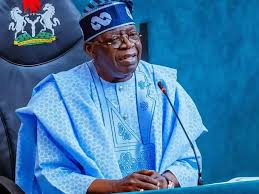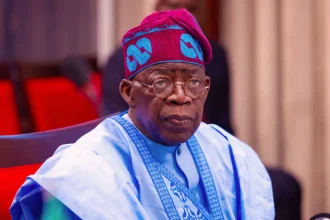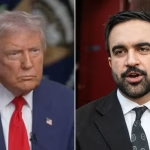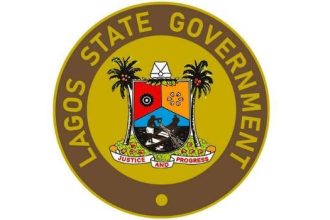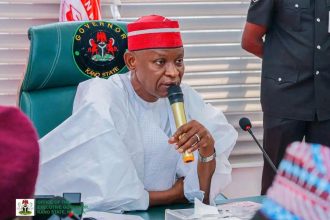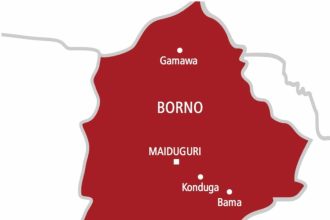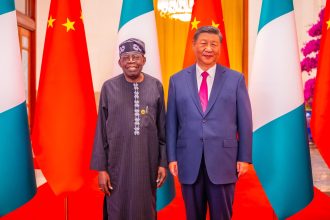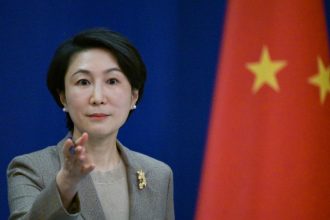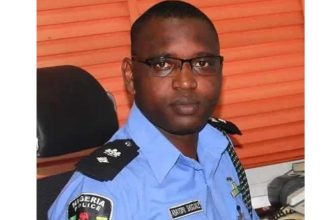The National Civil Society Council of Nigeria (NCSCN) has warned that Nigeria risks a diplomatic breakdown and declining global relevance due to President Bola Ahmed Tinubu’s continued delay in appointing ambassadors nearly two years into his administration.
In a strongly worded communiqué issued after an emergency national meeting in Abuja, the Council described the situation as a “diplomatic vacuum” that has rendered Nigeria’s embassies inactive and left the country exposed to foreign manipulation.
Signed by NCSCN Chairman, Oscar Kalu, alongside key representatives from Christian, Muslim, and Traditional organizations, the communiqué noted that the absence of ambassadors under President Tinubu’s government threatens Nigeria’s foreign policy effectiveness and international standing.
According to the Council, since all ambassadors were recalled barely four months into the administration, the failure to replace them has crippled Nigeria’s diplomatic machinery. “Today, Nigerian embassies are among the most inactive globally, leaving the nation vulnerable to manipulation and at the mercy of world powers,” the communiqué stated.
The meeting, which had over 310 civil society and religious bodies in attendance, also discussed the growing international outcry over alleged persecution of Christians in Nigeria. The Council dismissed such claims as erroneous and politically motivated, insisting that available records show that Muslims and Islamic communities have also suffered high casualties from terrorism and banditry.
It attributed the “Christian genocide” narrative to deliberate politicization of insecurity and the absence of a credible national database to properly classify victims of violence. To correct the misinformation, the Council urged the Office of the National Security Adviser (ONSA) to begin comprehensive documentation of terrorism casualties based on gender, age, and religion.
On foreign policy, the NCSCN accused the Tinubu administration of negligence, insisting that the delay in appointing ambassadors has gravely damaged Nigeria’s image abroad. It urged the President to forward the list of ambassadorial nominees to the Senate for confirmation before the end of November 2025, stressing that no justification is acceptable for the prolonged delay.
The Council also called for the creation of a national framework for international lobbying, lamenting that since the era of former President Olusegun Obasanjo, Nigeria has lacked a coherent strategy to advance its interests globally. “Lobbying is an essential component of foreign relations that must not be treated with indifference. Nigeria needs a strong framework for international lobbyists now more than ever, considering the negative image being projected by some global powers,” it added.
The communiqué urged the Federal Government to create an independent civil society database to track terrorism and banditry incidents, convene an inter-religious dialogue to address genocide allegations and ease religious tensions, appoint ambassadors and international lobbyists to strengthen Nigeria’s diplomatic visibility, and develop a strategic lobbying mechanism involving career diplomats and foreign policy experts.
The statement concluded with a stern warning that running a nation for over two years without ambassadors is unthinkable and highly detrimental.
It urged the Federal Government to act swiftly to protect Nigeria’s image and reassert its position in global diplomacy.
Please follow and like us:


